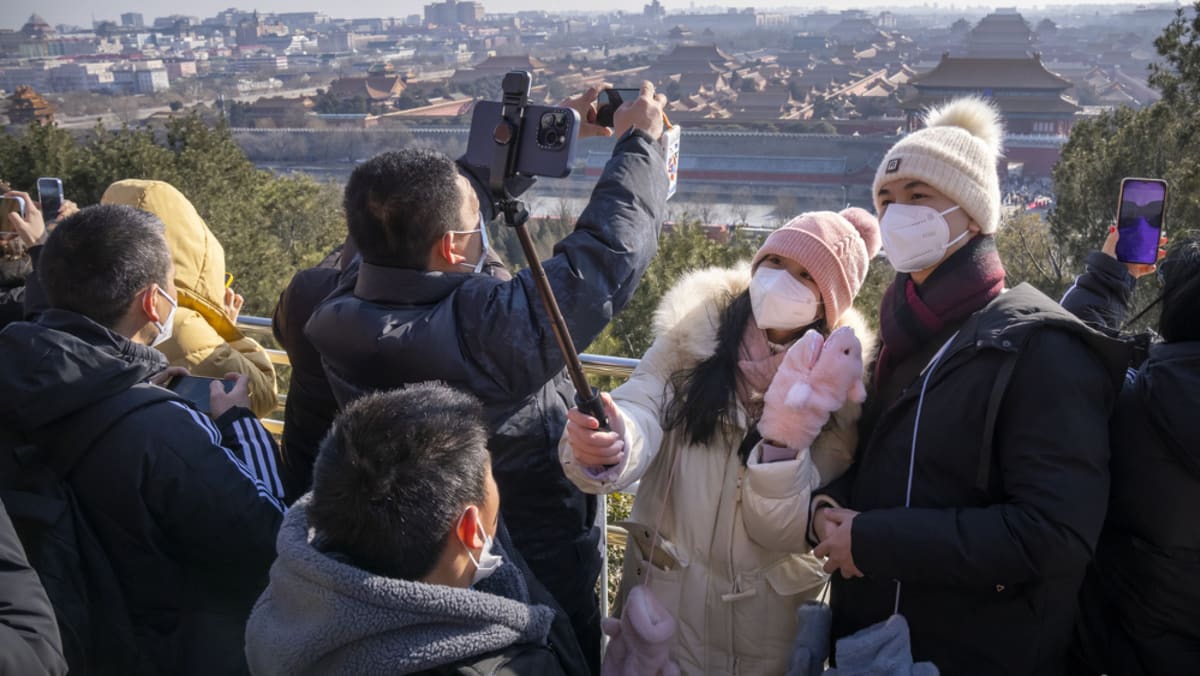ELIMINATING BARRIERS FOR FOREIGN TOURISTS IN CHINA
Enhancing travel convenience is imperative to address the needs of foreign tourists. While China has made significant strides in developing advanced technologies and transportation infrastructure for domestic travel, foreign visitors often encounter obstacles while navigating in the country.
For instance, booking high-speed train tickets or entry tickets to popular tourist attractions necessitates the use of WeChat’s embedded program. Many establishments exclusively accept WeChat Pay or AliPay, leaving foreign tourists in a predicament if they rely solely on cash or credit cards. Many hotels in China are also not allowed to accommodate foreign tourists.
Eliminating barriers for foreign tourists to travel in China presents enhanced business opportunities for Chinese tourism-related enterprises. While Chinese consumers remain the primary market for most of these businesses, delivering seamless services to foreign clientele could further strengthen their competitive edge.
A case in point is the Chinese online travel company Ctrip – which initially emulated Travelocity’s business model but has since expanded its operations globally – establishing itself as a prominent international online travel business.
Technological advancements have the potential to mitigate technical barriers to foreigners’ travel in China without incurring substantial costs.
Yet, addressing structural and entrenched ideological barriers may be more challenging. The COVID-19 pandemic may have prompted the Chinese government and tourism operators in China to adopt a more inward-looking approach, prioritising the needs of their citizens.
The shifting geopolitical landscape globally also plays a role in the challenges facing China’s inbound tourism. According to a 2023 survey by the Pew Research Centre, most individuals in Western nations hold unfavourable views towards China. The Chinese government’s tightening grip on societal regulations could potentially cause discomfort for foreign travellers in China.
This increased control may lead to unnecessary disruptions in international events like academic conferences and exchanges, due to the formalities and documentation mandated by the government.
